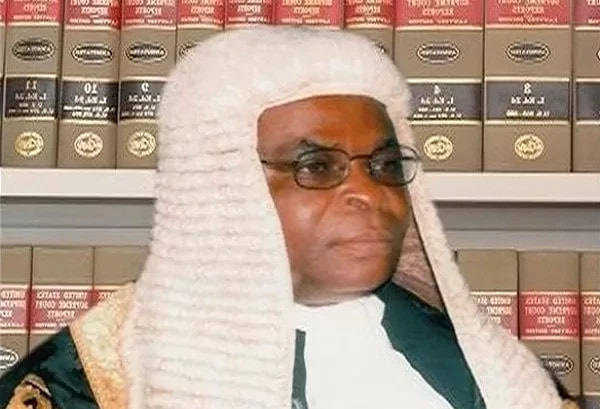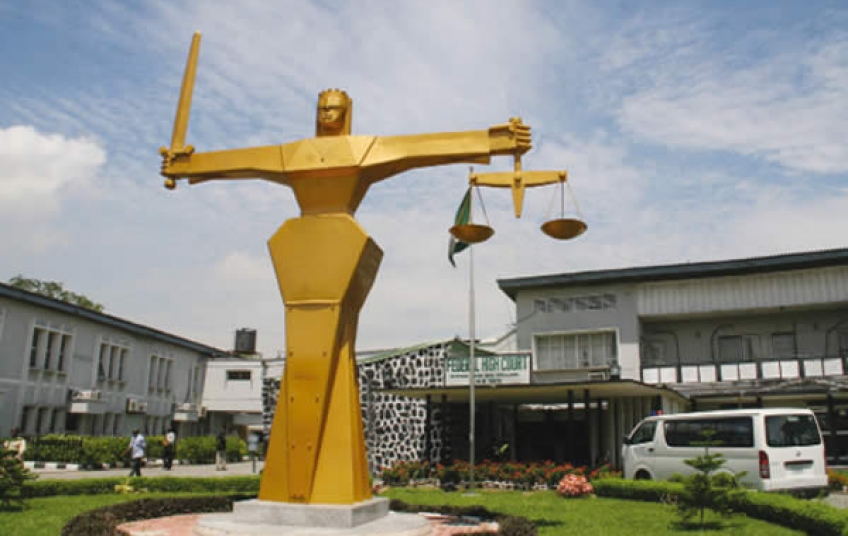Stop Issuing Reckless Remand Orders To Police, CJN Warns Judges
The Chief Justice of Nigeria, CJN, Justice Walter Onnoghen, on Monday, barred Judges from issuing what he termed as “reckless” remand orders to the Police, saying the level of congestion of prisons in the country has become a national embarrassment.
The CJN who spoke at the opening ceremony of the 2018 All Nigerian Judges’ Conference of the Lower Courts, held at the National Judicial Institute, NJI, in Abuja, said judges must not issue remand orders in cases where Police lack concrete evidence to sustain its criminal allegations, or where the court does not have the requisite jurisdiction to entertain the matter.
More so, Justice Onnoghen, said there was urgent need for a thorough and comprehensive reform of the justice sector to curb unnecessary delays and ensure access to justice at affordable costs.
He said: “On the issue of prison decongestion, it is a scenario which has become a national embarrassment.
“The numerous and sometimes needless remand orders issued by Magistrates is a major factor responsible for the congestion of our prisons.
“I must emphasise at this forum, the need for Heads of Courts, in synergy With the various Attorneys-General of the States, to pay frequent visits to prison facilities within their jurisdictions in a bid to assess the situation on a first hand basis.
“In addition, reckless remand orders must not be issued by your courts where it appears that the Police lack evidence to prosecute a criminal matter or your Courts do not possess the requisite jurisdiction to entertain such matter.
“I had recently also directed that Chief Magistrates/Magistrates should pay frequent visits to Police Stations within their jurisdictions to inspect the cells and where appropriate lice detainees who have no prima facie case against them or had been unduly detained without bail”.
On the issue of financial autonomy, though the CJN noted that the Judiciary at the Federal level enjoys full financial independence, he said it was unfortunate that State Judiciaries are not yet financially independent.
“The funding of the Judiciary is crucial as the most important index for assessing its independence.
“It is clear that the litmus test to determine how free and democratic any nation is would be to take a cursory look at its Judiciary to find out if the Executive is prepared to obey the principle of Separation of Powers.
“The Judiciary is a vital partner in governance. The complete and real independence of the Judiciary is thus a reflection of the nation and of freedom.
“The independence of the Judiciary can only be sustained and guaranteed when there is no interference by the other arms of Government in the discharge of its constitutional duties”, he added. Meanwhile, in her welcome address, the Administrator of the NJI, Justice R. P. I. Bozimo, said the conference was a stock taking event for Judges of the Lower Courts from all over the country to converge and reflect upon the activities of the Judiciary and to cross-fertilize ideas on the way forward.
“It also provides a platform to strategize on the means of adopting global best practices to meet critical challenges in the dispensation of justice to all in our great country.
“The theme of this year’s conference: ‘Improving The Quality Of Justice Administration In The Lower Courts’, is sacrosanct as the Judiciary is and has always been the fulcrum of good governance in any country.
“As such, the Judiciary has a major role to play in upholding Constitutional democracy, to ensure that justice is not only done but is seen to be done, in order to accomplish the goal of enhancing our democracy.
“The theme of this year’s conference therefore, is timely, considering the role which your category of courts play in our legal system”, Justice Bozimo stated.





